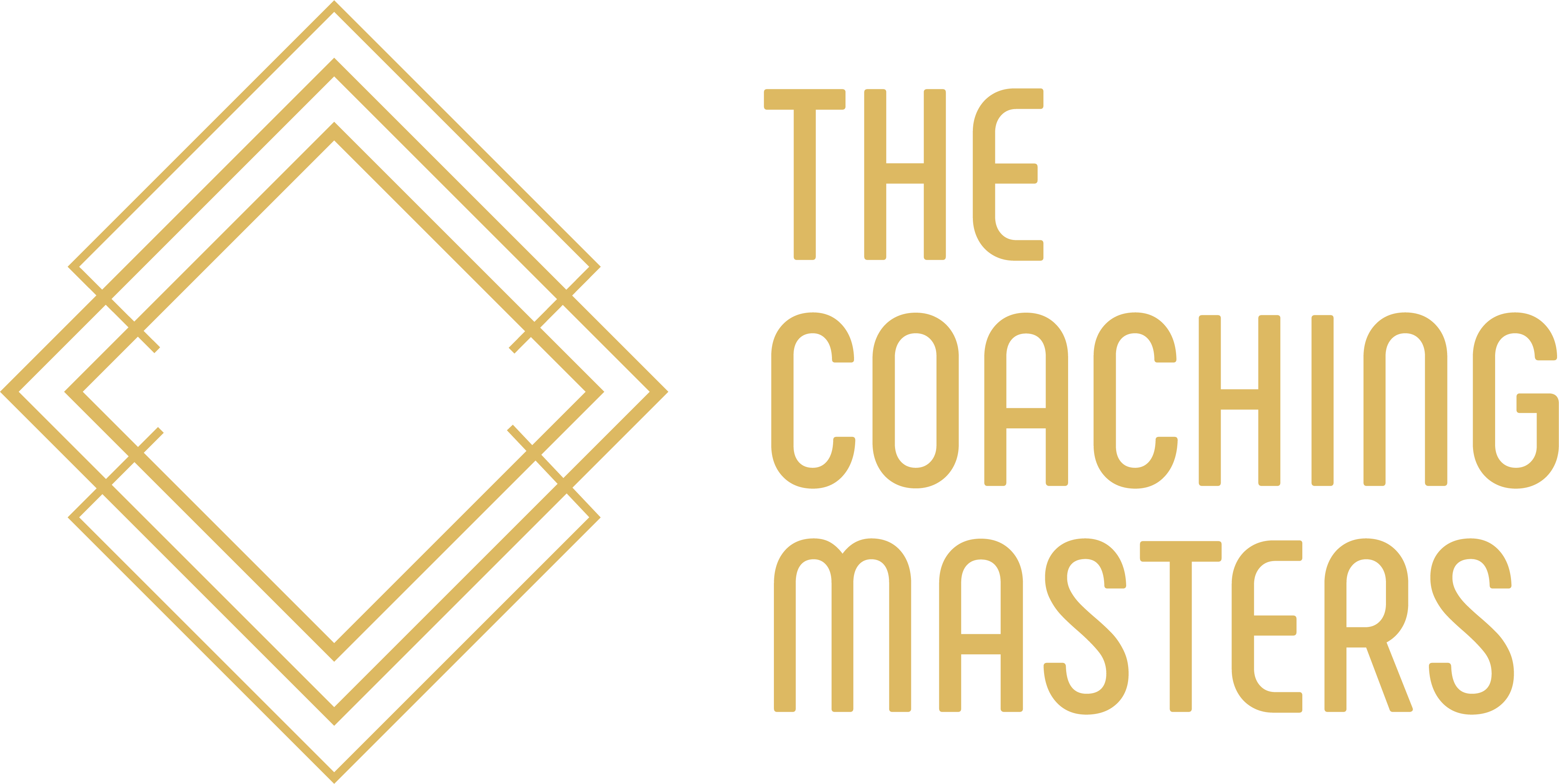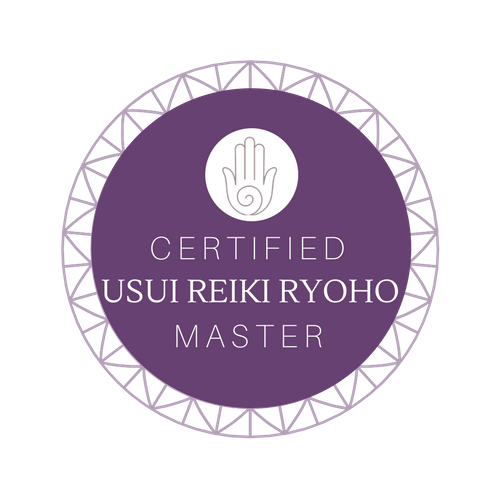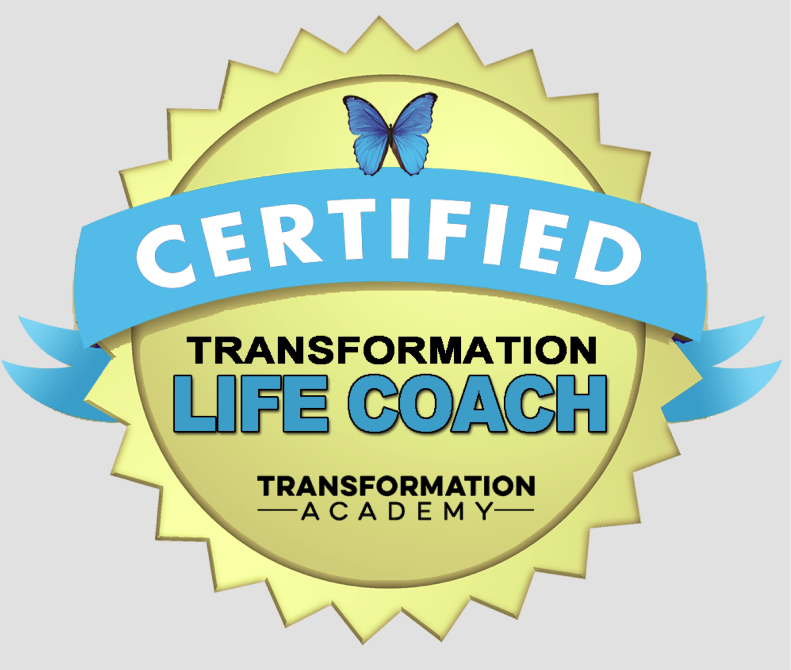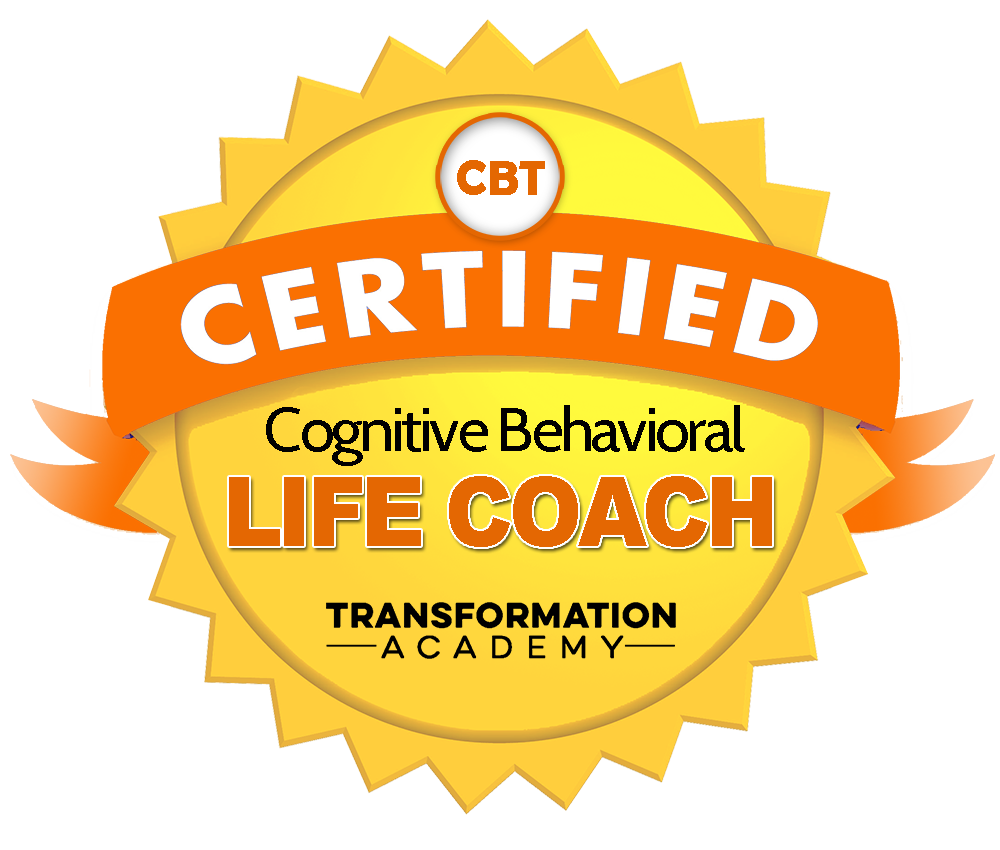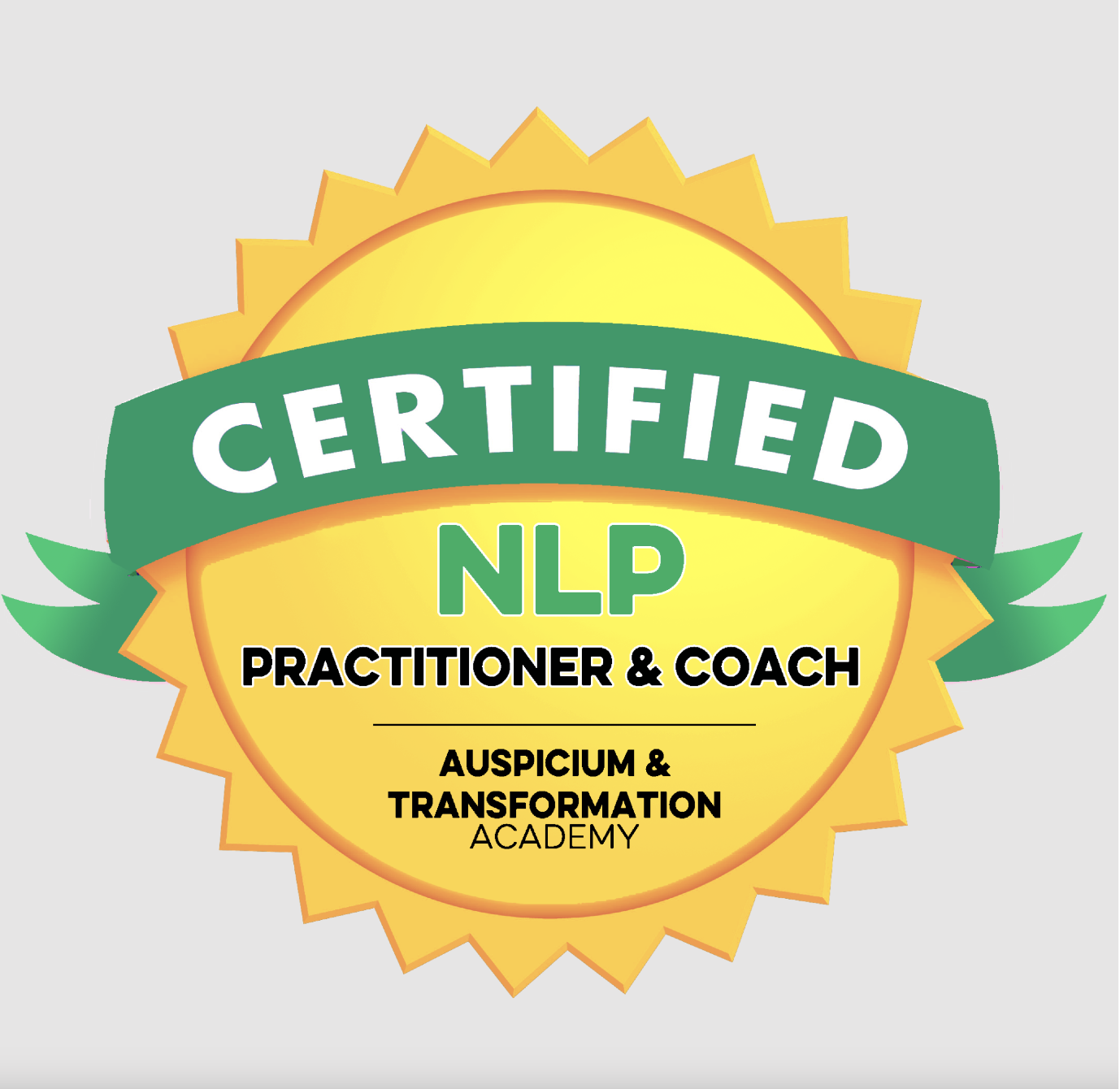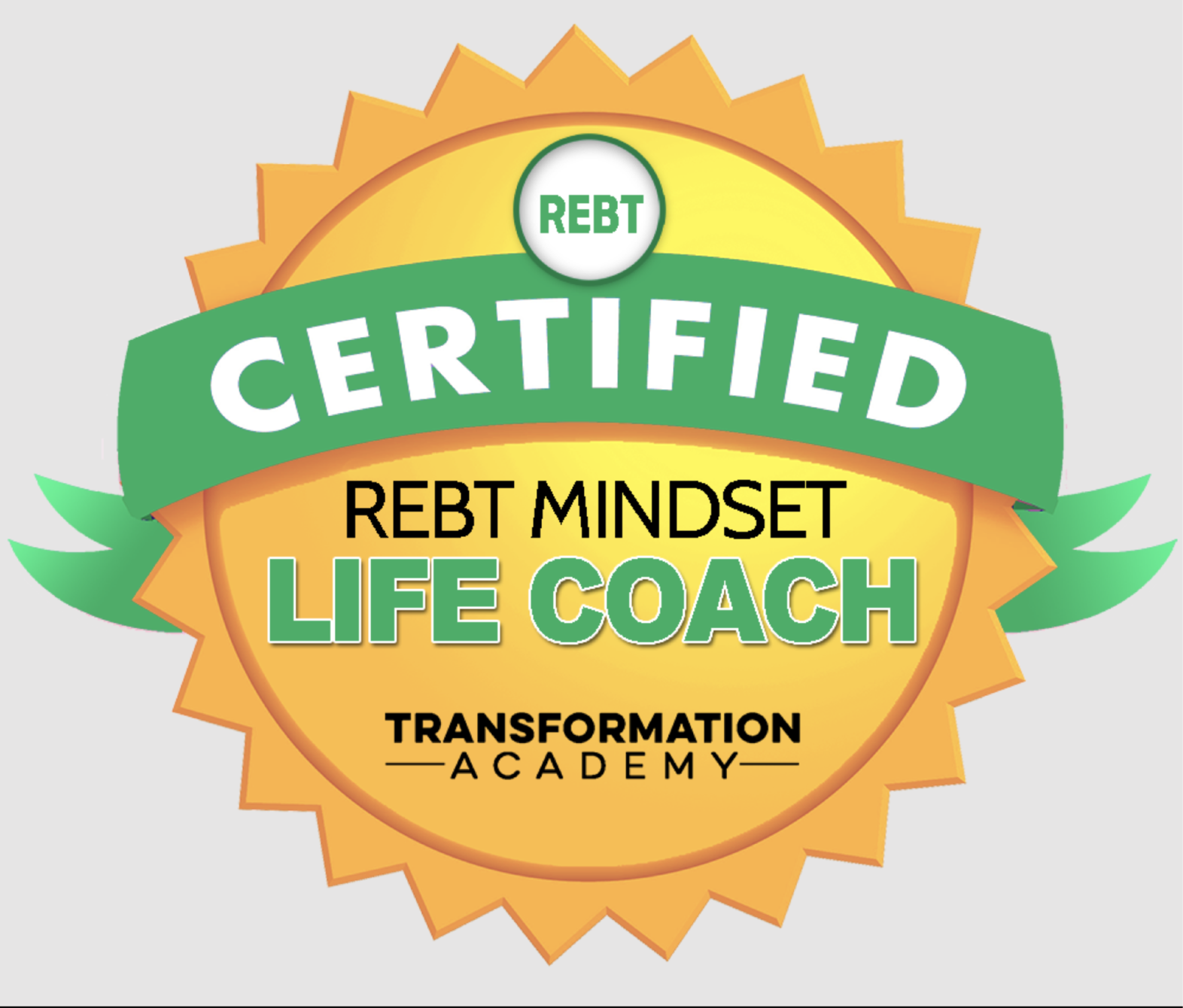10 Common Limiting Beliefs That Sabotage Your Success

Limiting beliefs are invisible barriers that keep you from reaching your full potential. They are thoughts, often rooted in fear or past experiences, that convince you that you can’t succeed, don’t deserve happiness, or aren’t capable of achieving your dreams. These beliefs can be deeply ingrained in your subconscious, affecting the way you think, feel, and act. In this post, we’ll explore 10 of the most common limiting beliefs and explain how they sabotage your success in different areas of life and how you can start breaking free from them.
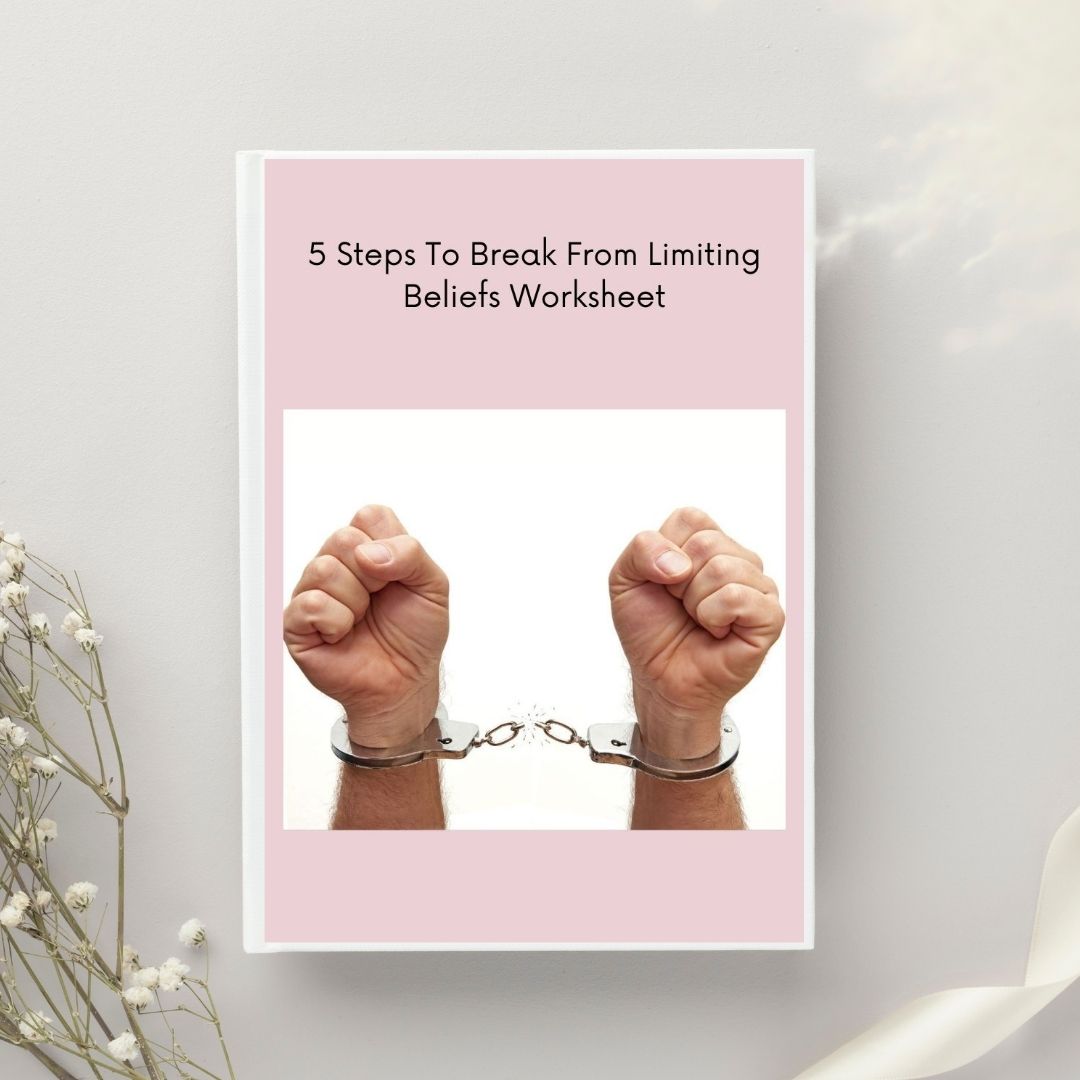
1. "I’m Not Good Enough”
This is one of the most pervasive limiting beliefs. The thought of "I’m not good enough" can stem from past failures, criticism, or comparisons with others. It convinces you that no matter what you do, you’ll never measure up, leading to low self-esteem and a fear of trying new things.
How It Sabotages You: When you believe you’re not good enough, you hesitate to pursue opportunities, downplay your strengths, and procrastinate on your goals. You may settle for less in your career, relationships, and personal growth because you think you’re not worthy of more.
How to Overcome It: Start by recognising your achievements, no matter how small. Make a list of times you succeeded despite doubting yourself. Challenge the belief by asking, “Who says I’m not good enough?” Reframe it with empowering thoughts like, “I am capable and worthy of success.”
2. "I Don’t Deserve Success”
Many people unconsciously believe they don’t deserve success, whether due to guilt, feelings of inadequacy, or a fear of surpassing others around them. This belief keeps you playing small, even when you have the skills and drive to achieve great things.
How It Sabotages You: When you don’t feel deserving of success, you may unconsciously sabotage your efforts by procrastinating, avoiding responsibility, or not putting in your best effort. You might downplay your achievements or fail to celebrate your wins, making success seem distant or unattainable.
How to Overcome It: Challenge the belief by asking yourself why you think you don’t deserve success. Reflect on your accomplishments and the value you bring to your work or relationships. Practice affirmations like, “I deserve success and happiness,” and take actions that reinforce your worthiness.
3. "I’m Not Smart Enough”
The belief that you’re not intelligent enough can prevent you from pursuing goals that require learning new skills or stepping outside your comfort zone. This belief often stems from early experiences in school or feedback from authority figures.
How It Sabotages You: Believing you’re not smart enough leads to avoidance of challenging situations or opportunities that require growth. You may avoid asking questions or seeking help out of fear of looking incompetent, which limits your ability to grow and improve.
How to Overcome It: Remind yourself that intelligence is not fixed—everyone has the ability to learn and grow. Embrace a growth mindset by focusing on effort and progress rather than innate intelligence. Celebrate small wins and use each challenge as a learning opportunity.
4. "I’m Too Old (or Too Young)”
Age-related limiting beliefs convince you that opportunities have passed you by or that you’re too inexperienced to be taken seriously. Whether you feel too old to start a new career or too young to be a leader, this belief restricts your potential based on a number, not your abilities.
How It Sabotages You: If you believe you’re too old or too young, you might avoid applying for new jobs, starting a business, or taking on leadership roles. This belief can lead to stagnation, especially if you start to see age as an excuse not to pursue your dreams.
How to Overcome It: Recognise that age is just a number, and success doesn’t have an expiration date. Many successful people started late in life, while others found early success. Focus on your strengths and the unique experiences your age brings to the table. Rewrite the narrative to, “I have the perfect experience for this moment.”
5. "I Can’t Change”
This limiting belief is tied to the idea that who you are today is who you’ll always be. It convinces you that personal growth is impossible, so there’s no point in trying to improve yourself, your habits, or your circumstances.
How It Sabotages You: Believing you can’t change keeps you stuck in unhealthy patterns or toxic environments. You may resist opportunities for growth or self-improvement, whether in your career, relationships, or health, because you think it won’t make a difference.
How to Overcome It: Understand that change is a natural part of life, and you have the power to evolve. Start small by setting realistic goals for personal growth. Track your progress and celebrate any positive changes, reinforcing that transformation is possible at any stage.
6. "I’m Not Lucky Like Others”
This belief is based on the notion that success is a matter of luck, not effort. If you think other people are simply “lucky” and that you’ll never have the same fortune, you may stop trying altogether, convinced that success isn’t in the cards for you.
How It Sabotages You: This mindset leads to a passive approach to life, where you wait for good things to happen rather than taking action to create your own luck. It can result in missed opportunities and a lack of motivation to pursue your goals.
How to Overcome It: Shift your mindset from one of luck to one of action. Acknowledge that successful people create their own luck through hard work, persistence, and the willingness to seize opportunities. Focus on what you can control, and take deliberate steps toward your goals.
7. "I’ll Fail, So Why Bother Trying?”
The fear of failure is one of the most crippling limiting beliefs. It convinces you that the risk of failure outweighs any potential rewards, so it’s better not to try at all. This fear often stems from past failures or perfectionism.
How It Sabotages You: When you fear failure, you may avoid taking risks or pursuing goals altogether. This can lead to a lack of growth and missed opportunities. The fear of failure can also manifest as procrastination, self-doubt, and hesitation to put yourself out there.
How to Overcome It: Reframe failure as a learning experience. Every successful person has failed at some point, but they didn’t let it stop them. Instead of fearing failure, focus on the lessons you can learn from it. Start small by taking manageable risks, and celebrate your efforts regardless of the outcome.
8. "I’m Not Talented Enough”
This belief convinces you that success only comes to people who are naturally gifted. It dismisses the importance of hard work, dedication, and perseverance, and it can make you feel like you’re falling short, even if you’re making progress.
How It Sabotages You: Believing you lack the talent necessary for success can stop you from pursuing your passions or developing new skills. It fosters a fixed mindset where you believe talent is innate, not something that can be cultivated, leading to complacency or self-doubt.
How to Overcome It: Focus on effort over talent. Many successful people started without exceptional natural abilities but honed their skills through consistent practice and dedication. Adopt a growth mindset, reminding yourself that you can develop your talents over time.
9. "I Don’t Have Enough Time”
This belief creates a sense of scarcity around time, making it feel like there’s never enough to accomplish your goals. It’s a common excuse for not pursuing personal growth, starting new projects, or investing in your dreams.
How It Sabotages You: When you believe you don’t have enough time, you avoid starting new ventures or delay working on your goals. This leads to stagnation and frustration, as you watch opportunities slip by while convincing yourself that “someday” you’ll have more time.
How to Overcome It: Recognise that time is often a matter of priorities. Evaluate how you’re spending your time and identify areas where you can make adjustments. Even dedicating small amounts of time each day to your goals can lead to significant progress over time.
10. "Success Will Change Me (or Make Me Unhappy)”
This belief stems from the fear that achieving success will fundamentally alter who you are or your relationships with others. It can be rooted in past experiences, societal expectations, or the portrayal of success as isolating or corrupting.
How It Sabotages You: Fear of success can cause you to self-sabotage by procrastinating, avoiding opportunities, or failing to put in the effort required to reach your goals. You might unconsciously hold yourself back because of the fear of becoming someone you don’t recognise or because you worry about others’ reactions.
How to Overcome It: Realise that success doesn’t change who you are, it magnifies the qualities you already possess. Focus on maintaining your values and integrity as you pursue your goals. Surround yourself with people who support your growth, and trust that success will enhance, not diminish, your happiness.
In Summary
Limiting beliefs are powerful forces that can hold you back from achieving the success you desire. By identifying and challenging these beliefs, you can break free from their constraints and unlock your true potential. Success isn’t reserved for a select few, it’s available to anyone willing to push past their mental barriers and take action. Start by questioning your beliefs, reframing your mindset, and embracing the possibility of growth and change.

Click the link below to book your free clarity call or free virtual coffee chat.
Grab a copy of our newletter by completing the form below, this will then be sent to your inbox every month.
My Affirmation For The Week
"Creativity is contagious. Pass it on."
